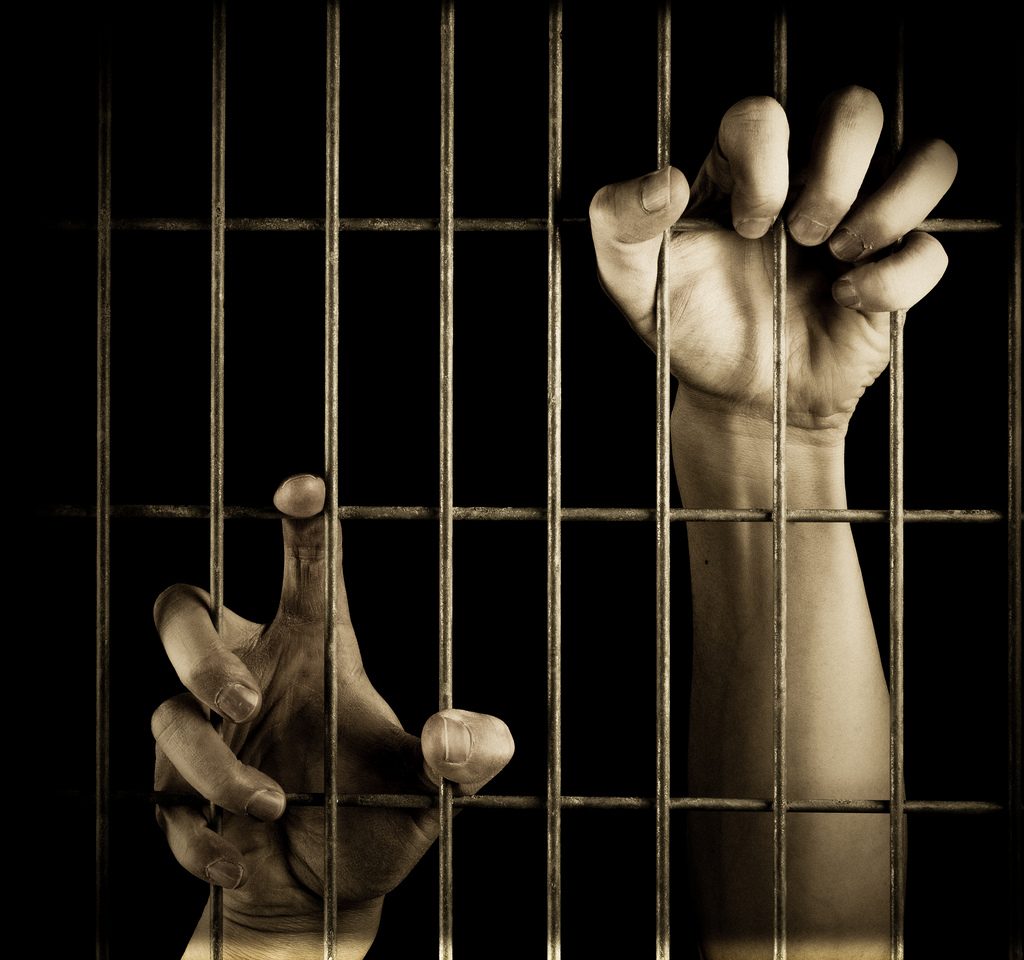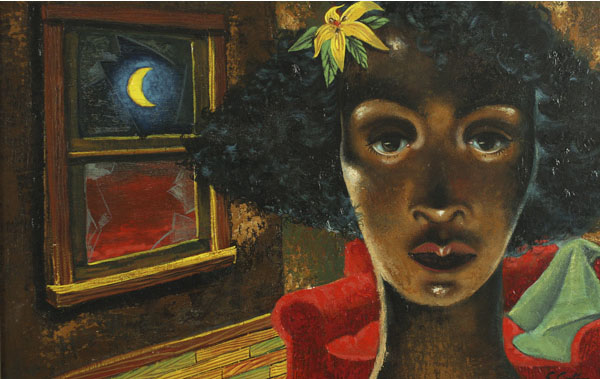“Trusting each other is how we survive.” An offering of flash fiction which celebrates the heroes that fight so that other’s voices may be heard…

by: Frederick Foote
Our twelve-year-old daughter, Oma, tells me, “I have to write a report on the bravest people I know. Dad, you were in the Air Force. Were you brave? Did you do heroic stuff?”
“Oma, I was never in a war zone. Unless I went off the base, and the locals took offense to our presence in their clubs and bars. And you should know, that when I had to choose between fight and flight, I almost always chose flight.”
“That’s not very courageous. I can’t use that in my report.”
“I suppose not. Talk to your Uncle Albert. He’s one of the bravest people I know.”
“But your brother was never in the service. What did he do that was so heroic?”
“Well, soldiers going into battle have guns, bayonets, grenades, artillery, and air support. They have an entire nation behind them. Albert didn’t have any of that.”
“But Uncle never went to war, right?”
“Wrong. Albert went to Mississippi, in the Delta in 1964, to register Black voters. His weapons were his belief that what he was doing was necessary and right. The police, the state government, and most White people were hoping and wishing he would fail, or worse.”
“So, what happened? Did he get hurt?”
“They shot at Albert more than once, beat him up twice, jailed him three times, and ran his car off a few times. And there was more, ask him about it.”
“Why didn’t the FBI protect him from the police?”
“The FBI supported the police and were part of the persecution.”
“So, he had the Federal and State governments against him too?”
“Yeah, but he wasn’t alone. He had brave people with him from all over, of every color and kind.”
“Did he ever register anyone to vote?”
“Oh, yeah. The courage of those kids — and a bunch of them were kids — inspired Black people to register. And the courage of the Black voters motivated the Civil Rights workers. It was amazing and magnificent.”
“Dad, are you crying?”
“I remember Medgar Evers, James Chaney, Andrew Goodman, Michael Schwerner, and Viola Liuzzo. They were all murdered in Mississippi. Every night Albert was in Mississippi, my mother and I would get on our knees, hold hands, and pray for him and all those courageous civil rights workers.”
“Dad, Kit said Uncle Albert is an alcoholic. Is she right?”
“Yeah, I think your sister might be right. Sometimes the price of doing right can be pretty high.”
“Dad, there should be free health care for all those Civil Rights workers. They should have a monument in Washington, DC. They should—”
Kit, at sixteen, knows everything, and cuts her sister off. “That would be too much like right. This country is too right wing to do right.”
Oma snaps back. “Doesn’t matter what they do. It matters what we do.”
I respond. “Amen!”
Kit changes the subject. “Dad, we need a gun. These crackers are off the chart and getting eviler every day. I mean, they don’t even want us to vote or learn about racism in school.”
“Kit, there are already more guns than there are people in this country.”
Oma adds, “There are over 330 million people here. More guns than that?”
“Yeah, daughter, a lot more.”
Kit renews her plea. “That’s why we need one or one for each of us.”
“I’ll teach you to shoot, and when you turn eighteen, you can buy your gun, but you can’t keep it here.”
“Why not?”
“Well, Albert was brave beyond belief without a gun. I think most gun owners buy guns because they are scared. They don’t trust each other. They live in lonely fear. Trusting each other is how we survive. Trust and helping each other is what will save us, not guns.”
Kit snorts. “Dad, America is the home of the brave. You know that.”
“No, honey, we are the home of the divided, fearful, and rudderless.”
Oma frowns. “I’m going to call Uncle Albert. Kit, come with me, and we can interview a for-real hero.”
“No thanks. Dad, will you actually teach me to shoot?”
“Both of you.”
Oma asks. “Really?”
“Of course, knowing how to shoot is a valuable skill even if you don’t own a gun. You need to understand gun safety if most people around you have firearms.”
“Oma, I think I will go with you to Uncle Albert’s. He was unarmed, and he stood up to all those armed racists. Let’s check him out.”
“You know, I would like to go with you guys. There aren’t too many of those civil rights heroes left. I could use a little Memorial Day inspiration about now.”





